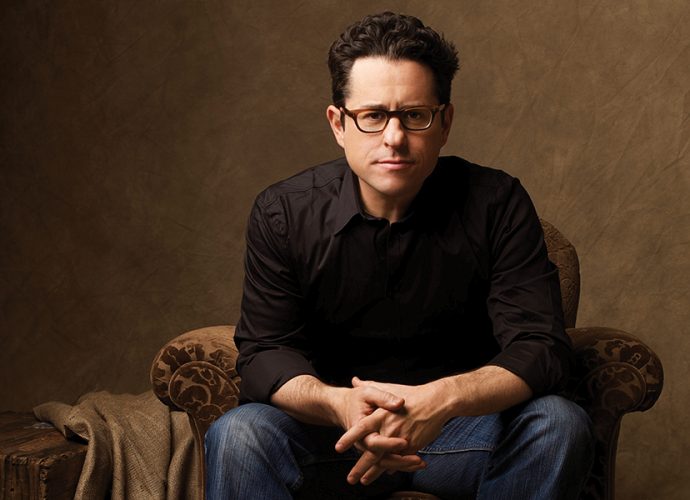Filmmaker J.J. Abrams, creator and sustainer of fantastic worlds (“Alias,” “Lost,” “Mission Impossible III,” “Star Trek” “Star Wars: The Force Awakens”) has always been fascinated by storytelling and technology.
When he was a child, he asked his maternal grandfather — Harry Kelvin, who had an electronics company — for a Super 8 movie camera. It was his grandfather who had gotten him interested in technology by revealing the inner workings of radios and other equipment, he said in a 2007 TED Talk.
The camera request was bolstered by his grandmother. “Harry, it’s better than the drugs,” Abrams told the TED audience, recalling his grandmother’s words of wisdom.
But when it came time for film school, Abrams enrolled instead at Sarah Lawrence College in Yonkers, based on the advice of his TV producing father, Gerald W. Abrams: “It’s more important that you go off and learn what to make movies about than how to make movies.”
“Sarah Lawrence, for someone who grew up in L.A. and never went to private school, was a different world, a far more intimate educational experience,” J.J. Abrams says in a phone interview from the offices of his production company, Bad Robot. “The small size of the classes and the quality of the teachers placed an enormous emphasis on following your passion. Sarah Lawrence was the first time I felt I was a writer.”
Abrams also reveled in the beauty of a place where the female viewpoint was the majority and where the city of his birth, New York, was in close proximity and yet removed.
Recently, Abrams returned the favor by speaking at the college’s commencement. At press time, that event had not yet transpired. But if his speech was anything like his TED Talk, it was sure to be filled with self-deprecating humor and the balance that Sadie Lou grads always seem to strike between emotion and analysis. In that Talk, he remembered visiting a magic store with his grandfather and buying Tannen’s Magic Mystery Box, which promised $50 worth of magic for $15. Abrams has never opened it, “because the idea of what’s inside is more important than what’s inside, because imagination is more important than knowledge,” he adds, echoing Einstein.
There is an element of mystery to storytelling but only an element, he says. You don’t want to spoon-feed your audience. You must withhold some aspects of the tale to keep them on the journey. But at the same time, there has to be some resolution and an understanding of narrative’s two-track structure, so that the viewer recognizes that the ostensible story isn’t the actual one. “Alias” was not merely a TV series about a double agent but one about a young woman’s quest to find her true identity. “Lost,” set amid a spectacular plane wreck and intrigue on a deserted isle, was largely about how you recreate community after catastrophe.
What may come as a surprise to casual fans is that Abrams is not only a writer, director and producer; he’s a composer, too, having written the themes for “Alias” and “Lost” as well as his series “Felicity.” Music — which, like writing, is an art form organized in time — is “51 percent” of moviemaking, he says. “It makes you aspire to certain feelings,” he adds, not just in postproduction, when the score is added to the soundtrack, or when an audience is watching the film but in the beginning, when it’s an inspiration to get the creative juices flowing. Abrams listens to music when he’s writing.
Still, he says, “I dabble in music. When I’m around true composers, I keep my mouth shut.”
For more, visit badrobot.com.





